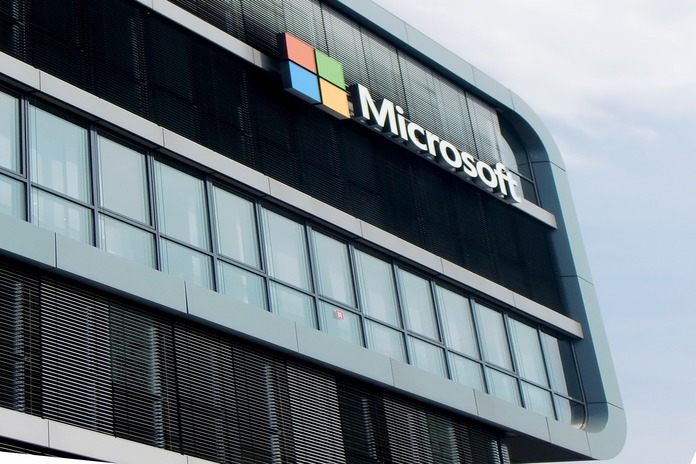Microsoft (NASDAQ:MSFT) may be heading into one of the most pivotal months in its AI journey. With the highly anticipated release of GPT-5 expected as early as August 1, the tech giant’s multibillion-dollar bet on OpenAI could pay off in a big way. This next-generation AI launch could boost Microsoft’s market leadership in AI and cloud services—and become a defining moment for Microsoft AI investment.
Why GPT-5 Matters to Microsoft
OpenAI’s GPT-5 model is rumored to be a major step forward, promising capabilities in memory, reasoning, vision, and multitask execution. It aims to combine the intelligence of previous versions into one powerful system that can write, code, analyze data, provide customer support, and more. Smaller versions like GPT-5 Mini and GPT-5 Nano are also in development, potentially enabling broad AI integration across industries.
This development directly benefits Microsoft, which invested $10 billion into OpenAI in 2023 and has exclusive rights to deploy its models via Azure, Microsoft’s cloud computing platform. With GPT-5, Microsoft strengthens its position in AI infrastructure, application development, and enterprise services—core areas of its future growth.
MSFT’s Strategic Advantage in AI
Through its strategic AI investment, Microsoft has positioned itself as the top enabler of generative AI for business users. Already, Microsoft’s Copilot interface—used across Windows, Office, and GitHub—is undergoing testing with GPT-5 capabilities. A newly discovered “Smart Mode” in the Copilot interface suggests the model will provide more advanced reasoning and responsiveness, enhancing productivity tools and user experience.
This seamless integration of OpenAI models gives Microsoft a unique edge in enterprise AI adoption, offering solutions other tech companies simply can’t match.
Financial Impact of Microsoft AI Investment
Microsoft’s Intelligent Cloud division, which includes Azure and AI services, contributed $105 billion to its total $245 billion in revenue for fiscal 2024. Analysts expect that AI-driven features like Copilot will accelerate cloud growth further, especially as enterprise clients demand more intelligent automation.
The impact of Microsoft AI investment will also be tested when the company reports fiscal Q4 earnings on July 30. Analysts are forecasting $3.38 in earnings per share on revenue of $73.81 billion, reflecting solid double-digit growth. Microsoft’s Azure cloud revenue is expected to rise 34% to 35% year-over-year in constant currency—driven largely by demand for AI-enabled services.
Wedbush analysts, who maintain MSFT on their “Best Ideas List,” recently boosted their price target to $600, citing a “new monetization phase” driven by Copilot and Azure. Their confidence echoes the broader Wall Street consensus, with 38 out of 46 analysts rating the stock a “Strong Buy.”
AI as a Long-Term Growth Catalyst
What makes Microsoft AI investment especially promising is its long runway. Through 2030, Microsoft maintains key rights to OpenAI’s intellectual property and APIs, offering an advantage that few competitors can replicate. This relationship not only enables product innovation but also locks in revenue streams through licensing, subscriptions, and cloud usage.
While rivals like Alphabet Inc. (NASDAQ:GOOGL) and Elon Musk’s xAI push their own models such as Gemini and Grok 4, Microsoft’s deep integration of OpenAI tools into real-world productivity software gives it a lead in monetization.
Final Thoughts on Microsoft AI Investment
As GPT-5 nears release, all eyes are on how Microsoft leverages this breakthrough to expand its cloud and software ecosystems. The timing aligns perfectly with a robust earnings report and Wall Street optimism. Investors seeking long-term exposure to the AI boom may find Microsoft’s unique positioning and scale too compelling to ignore.
With AI shaping the future of work, productivity, and computing, Microsoft AI investment may well define the next decade of tech dominance.
Featured Image: Pixabay©efes









